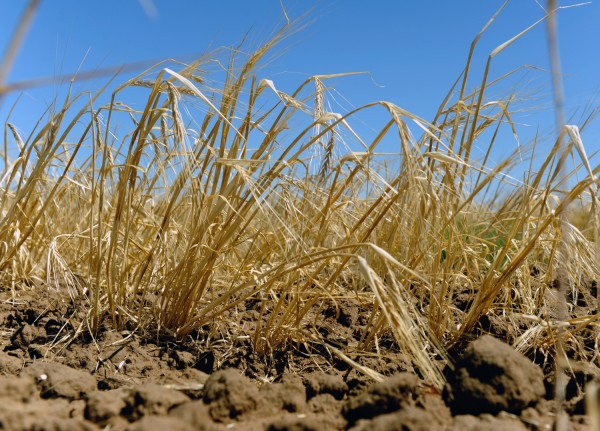Prolonged drought will lead to a significant decrease in productivity in the countries of North Africa

In the February bulletin “Global prospects for North Africa” of the agency Mars, it is noted that dry weather in the countries of North Africa has significantly reduced the yield of grain crops.
Thus, in most agrarian regions of Morocco and the central and northwestern regions of Algeria, the accumulation of biomass of agricultural crops is significantly lower than the average indicators, and in Tunisia and Western Libya, the drought significantly delayed the sowing of winter crops.
Rains in December and January have allowed plants to recover in eastern Algeria and Tunisia, while in Libya, good yields in Cyrenaica offset the decline in yields in Tripolitania. In Egypt, in the main grain-growing regions, the weather favored the development of crops.
Learn more about the impact of weather factors on crops in North African countries:
- Morocco. In most agricultural regions, productivity is significantly below average, and the probability of crop recovery is minimal. Now cereals are in an active stage of development.
- Algeria. Prolonged drought has delayed planting, and the damage caused by it in western areas will be irreversible, while the east and center are seeing a rapid recovery of vegetation.
- Tunisia. The autumn drought delayed sowing for 20-30 days. However, crops quickly recovered, and biomass volumes are almost at the average level. Now the plants are in the late stages of vegetation.
- Libya. Weather conditions were good or satisfactory for plant development, despite the delay in sowing in the north-western areas. Currently, cereal crops are approaching the flowering phase.
- Egypt. In almost all grain-growing regions, crops are in the flowering phase, and the amount of accumulated biomass is above average, thanks to favorable weather and a significant amount of irrigated arable land.
According to Mars, cereal yields in Morocco and Algeria will be 15-19% lower than the 5-year average, while in Tunisia, Libya and Egypt it will be -3%..+3% different from it.
Read also
Egypt’s GASC purchases 420 thsd tonnes of wheat at tender
Monthly Digest of Black Sea & Danube Agricultural Markets Reports from UkrAgr...
Vegetable oil market – A look into May-December 2024
Sergey Feofilov, UkrAgroConsult, will speak at the 5th CeMI Commodities Exchange M...
Couldn’t attend BLACK SEA GRAIN.KYIV? Catch up with the insights – get the e...
Write to us
Our manager will contact you soon











